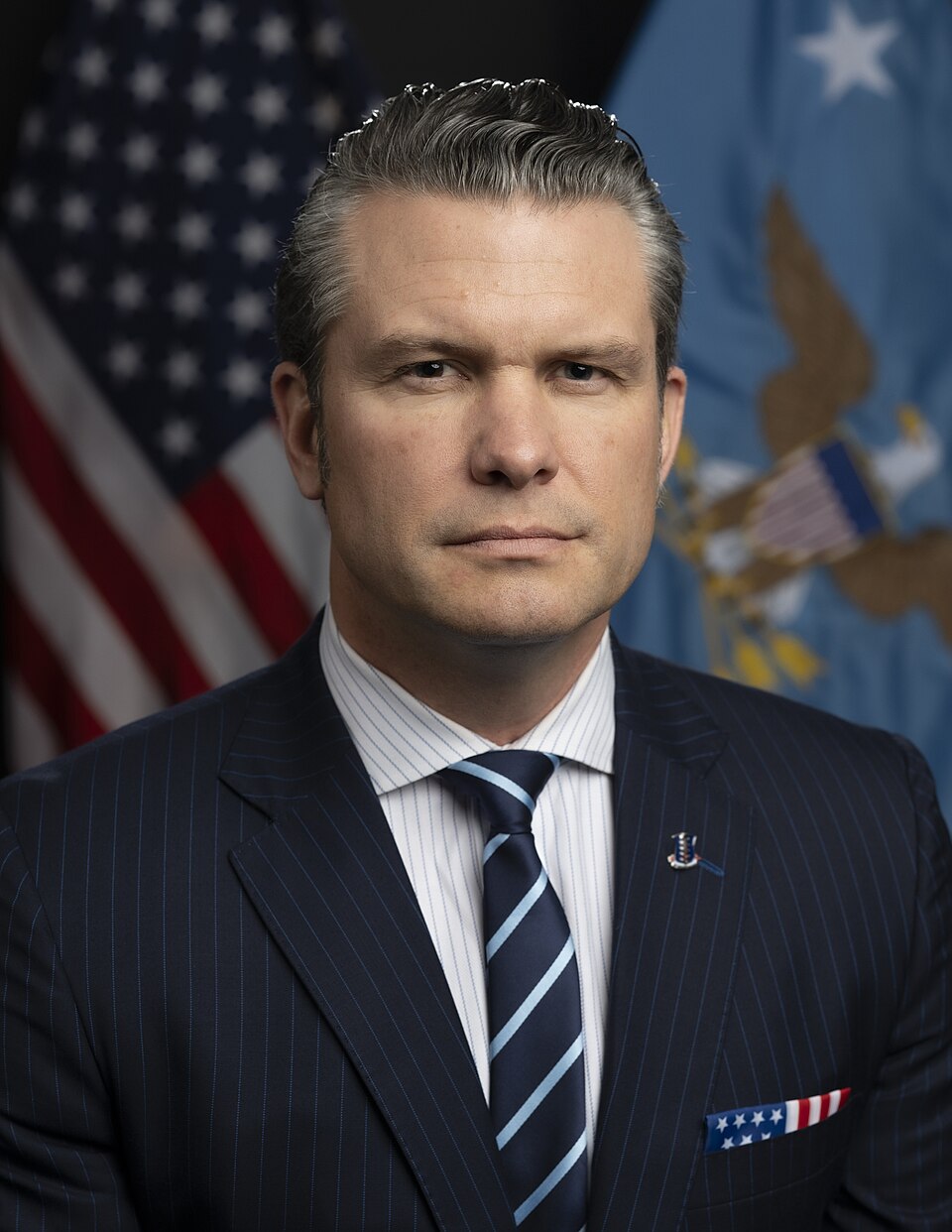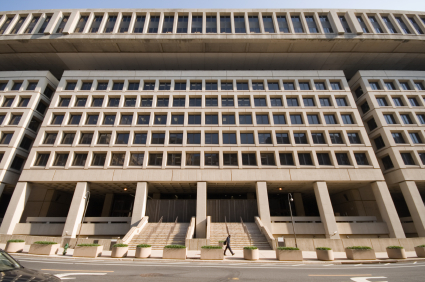By Steve Neavling
Christopher A. Wray’s decision to step down as FBI director marks a potential turning point for the nation’s premier law enforcement agency, ushering in an era where the role of director could become increasingly tied to political shifts in Washington, The New York Times reports.
For decades, the FBI director’s 10-year term has symbolized a commitment to insulating the bureau from partisan politics. But Wray’s departure after seven years — amid the looming prospect of a second Trump administration — suggests that the once-sturdy barrier between the FBI and political influence may be eroding.
Wray, who announced his resignation Wednesday, reportedly decided to leave voluntarily rather than risk the turmoil of staying under a new Trump presidency. Former President Donald Trump has already made it clear that he plans to replace Wray with Kash Patel, a staunch loyalist who has pledged to purge the FBI’s leadership and shake up its operations in Washington.
“We are now in a position in which no F.B.I. director may be expected to serve for 10 years, and every time a new president comes in, that new president is likely to signal that the director will be replaced,” said John C. Richter, a Republican and a former U.S. attorney who served in the Justice Department with Wray.
Wray’s tenure has been marked by successes in core FBI operations — agent recruitment, thwarting plots, and arrests — despite a political environment that has cast the bureau as a target of partisan attacks.
“Chris Wray is fundamentally not a man about the drama, he’s a man about the mission, and any suggestion there’s been some failure in fundamental duties is obviously just flat wrong and misguided and unfair,” Richter said.
Yet, Wray’s decision to leave instead of forcing a dismissal has drawn criticism from within the Justice Department. Some officials argue that his resignation undermines the principle that the FBI’s leadership should remain stable, regardless of who occupies the Oval Office.
According to one frustrated law enforcement official, Wray’s stated reason for stepping down was to protect the bureau. But the official, speaking on condition of anonymity, warned that the move could have the opposite effect, opening the door to greater politicization.
Trump’s allies in Congress, including Sen. Charles E. Grassley of Iowa, have already signaled their readiness to support Patel’s nomination. Grassley, a key figure in the Senate Judiciary Committee, recently urged Wray to step down, calling it “time for you and your deputy to move on to the next chapter in your lives.”






